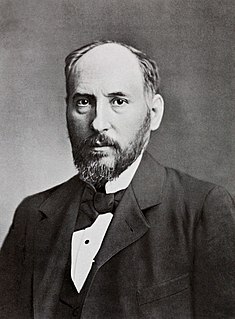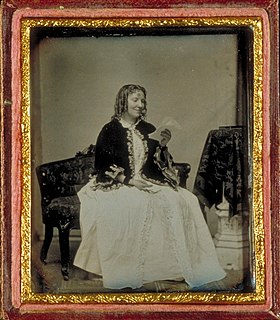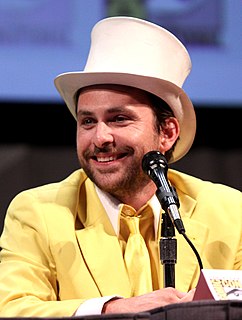A Quote by Santiago Ramon y Cajal
Our novice runs the risk of failure without additional traits: a strong inclination toward originality, a taste for research, and a desire to experience the incomparable gratification associated with the act of discovery itself.
Related Quotes
It is not enough to demand insight and informative images of reality from the theater. Our theater must stimulate a desire for understanding, a delight in changing reality. Our audience must experience not only the ways to free Prometheus, but be schooled in the very desire to free him. Theater must teach all the pleasures and joys of discovery, all the feelings of triumph associated with liberation.
Feminism without spirituality runs the risk of becoming what it rejects: an elitist ideology, arrogant, superficial and separatist, closed to everything but itself. Without a spiritual base that obligates it beyond itself, calls it out of itself for the sake of others, a pedagogical feminism turned in on itself can become just one more intellectual ghetto that the world doesn’t notice and doesn’t need.
Genius is neither learned nor acquired. It is knowing without experience. It is risking without fear of failure. It is perception without touch. It is understanding without research. It is certainty without proof. It is ability without practice. It is invention without limitations. It is imagination without boundaries. It is creativity without constraints. It is...extraordinary intelligence!
The discovery of the good taste of bad taste can be very liberating. The man who insists on high and serious pleasures is depriving himself of pleasure; he continually restricts what he can enjoy; in the constant exercise of his good taste he will eventually price himself out of the market, so to speak. Here Camp taste supervenes upon good taste as a daring and witty hedonism. It makes the man of good taste cheerful, where before he ran the risk of being chronically frustrated. It is good for the digestion.
The first reason for psychology's failure to understand what people are and how they act, is that clinicians and psychiatrists, who are generally the theoreticians on these matters, have essentially made up myths without any evidence to support them; the second reason for psychology's failure is that personality theory has looked for inner traits when it should have been looking for social context.
There is a risk of death associated with donating a piece of liver. It's about one in 500 for the risk of death. The risk of death of donating a kidney is about one in 3000, so this is a riskier operation than donating a kidney. The stakes are usually higher for the recipient of the transplant because unlike kidney failure, where you have a dialysis machine, in liver failure we don't have that kind of machine that allows a patient to survive until they can get a cadaver organ.
Creativity is something which proceeds from within, out of immeasurable and inexplicable depths, not from without, not from the world's necessity. The very desire to make the creative act understandable, to find a basis for it, is failure to comprehend it. To comprehend the creative act means to recognize that it is inexplicable and without foundation.
Could many of our ills today have resulted from our failure to train a strong citizenry from the only source we have - the boys and girls of each community? Have they grown up to believe in politics without principle, pleasure without conscience, knowledge without effort, wealth without work, business without morality, science without humanity, worship without sacrifice?





































